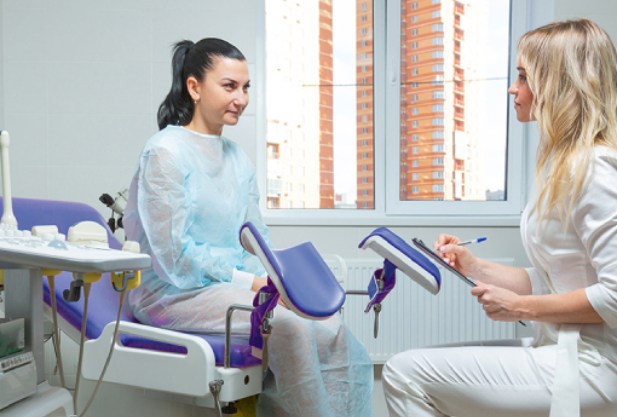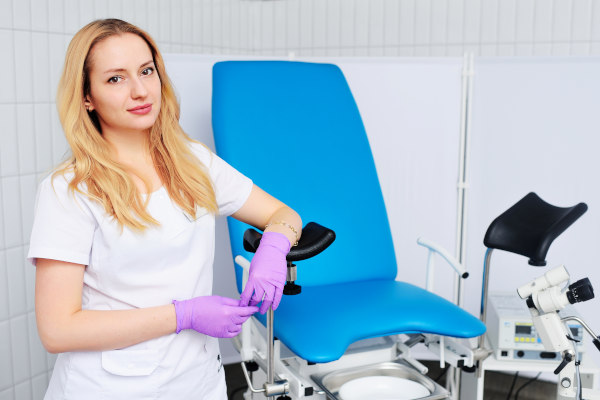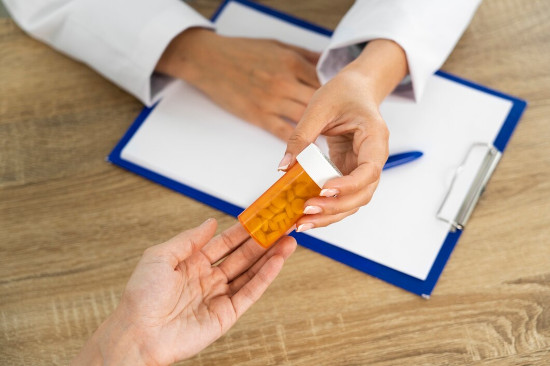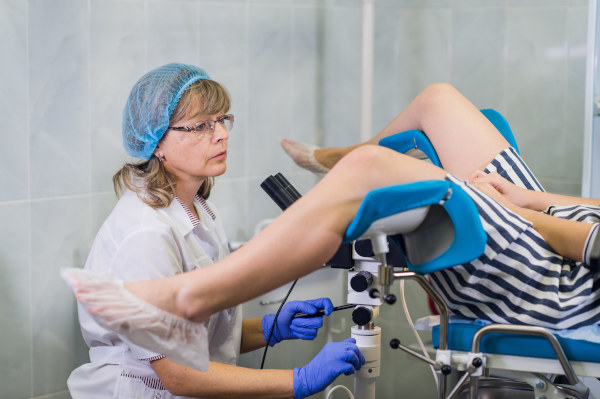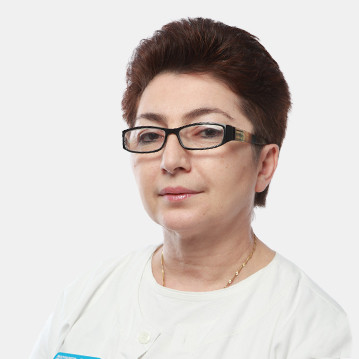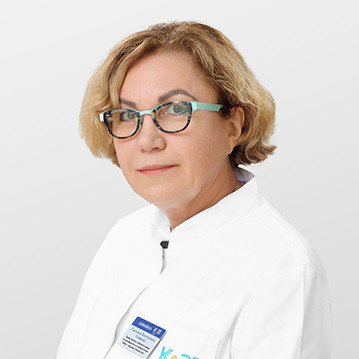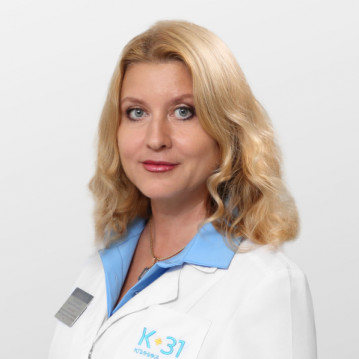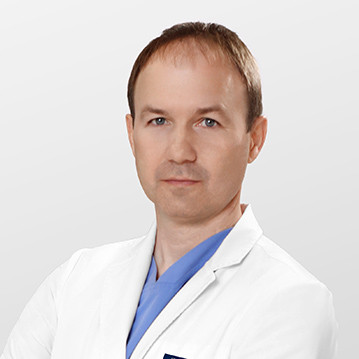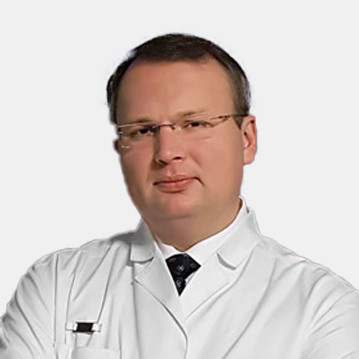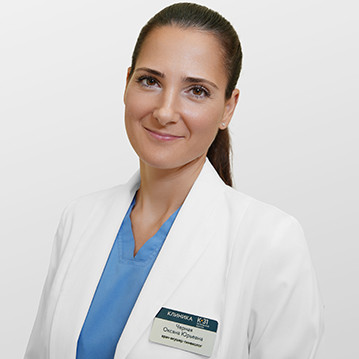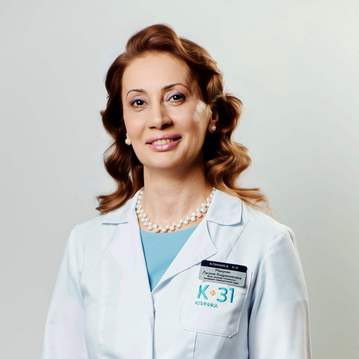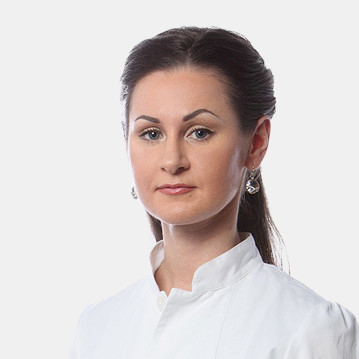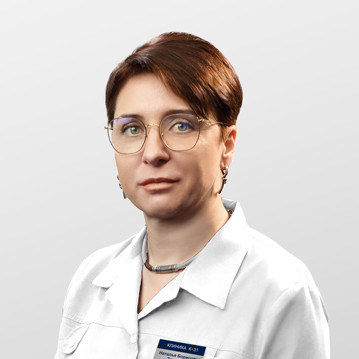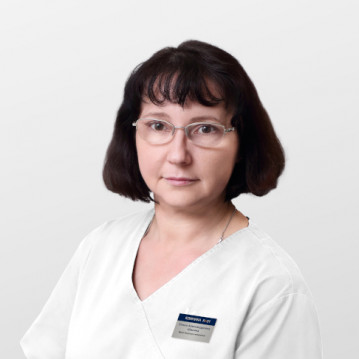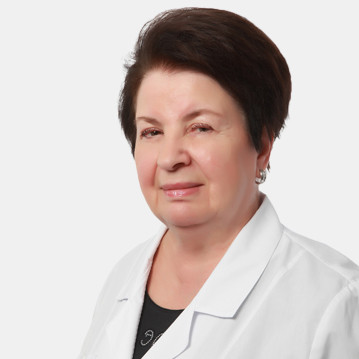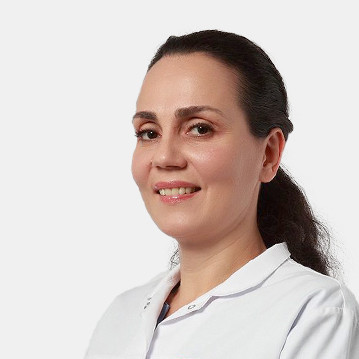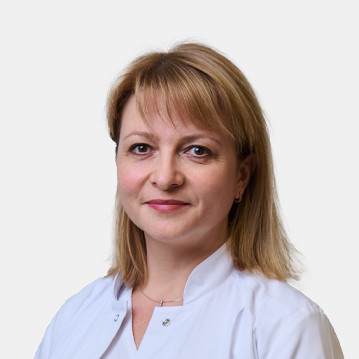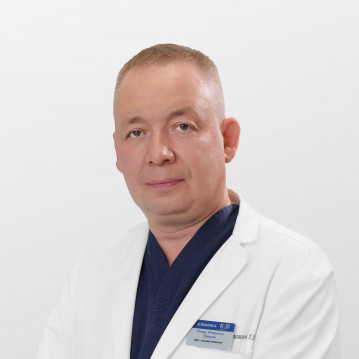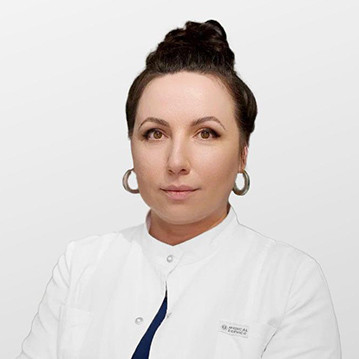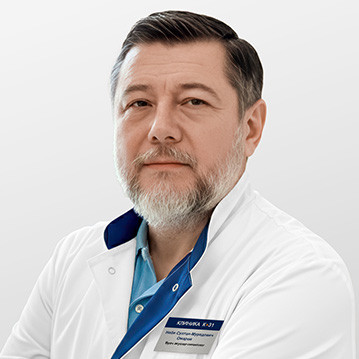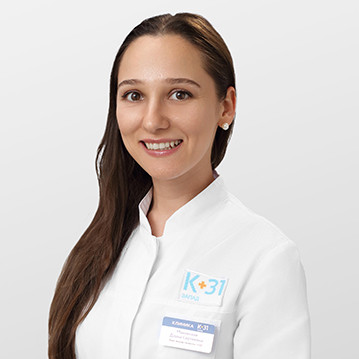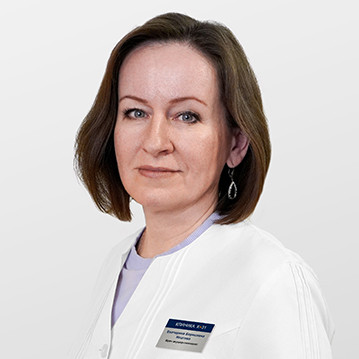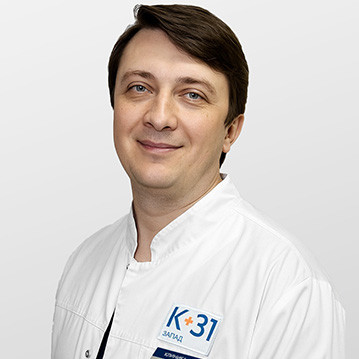Treatment of sexually transmitted infections
Sexually transmitted infections (STIs) are diagnosed in millions of people worldwide every year. Often, these diseases are asymptomatic, which complicates their timely detection and treatment. According to WHO, syphilis, gonorrhea, chlamydia and trichomoniasis are most often diagnosed. Bacterial infections can be successfully treated with antibiotics, and viral infections - with modern antiviral drugs.

specialists

equipment

treatment
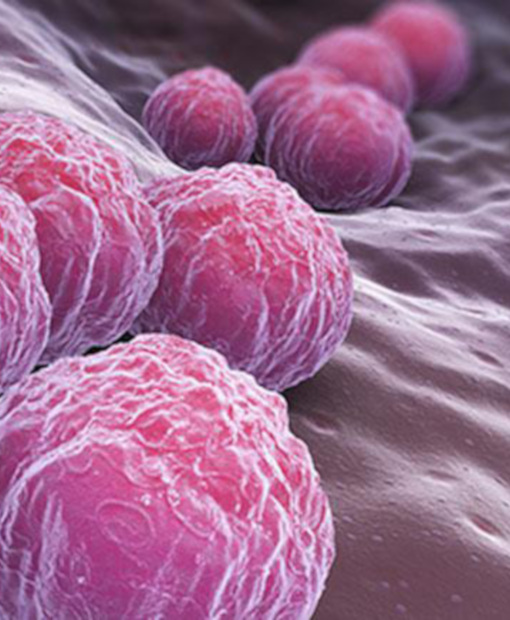
About the service
Advantages of STD treatment at K+31:
- We employ qualified gynecologists, urologists, dermatovenerologists
- Comprehensive rapid diagnostics (multimodal approach). We have the equipment, skills and knowledge to conduct a high-quality examination
- Individual and confidential approach
Many other infections that are not considered STDs, including salmonellosis, shigellosis, campylobacteriosis, amebiasis, giardiasis, hepatitis (A, B and C) and cytomegalovirus infection - can be transmitted sexually.
Table: Types of sexually transmitted infections (STIs)
| Category of sexually transmitted diseases | Examples of sexually transmitted diseases | Characteristics and consequences |
|---|---|---|
| Bacterial infections |
|
Effectively treated with antibiotics. Without treatment, they lead to infertility and systemic organ damage. |
| Viral infections |
|
Rarely curable, but controllable. Reduces the risk of complications and transmission of infection when using therapy. |
| Protozoal infections | Trichomoniasis (Trichomonas vaginalis) | Often asymptomatic, increase susceptibility to other infections. |
| Fungal infections | Candidiasis (thrush) | Not always sexually transmitted, but symptoms are similar to STIs. Occurs with weakened immunity. |
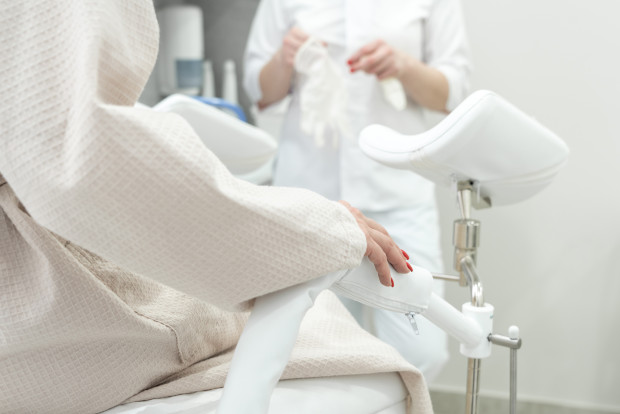
There are common symptoms that indicate sexually transmitted diseases in women and men:
- Venal discharge
- Itching, burning, irritation in the genital area
- Pain when urinating
- Discomfort during intimacy
- Redness, swelling of the genitals
- Enlarged lymph nodes in the groin area
Each disease has its own specific signs. For example, trichomoniasis in women is accompanied by abundant foamy discharge of a gray-yellow color with an unpleasant odor, itching and burning. Gonorrhea in men is manifested by pain when urinating and purulent discharge, in women - intermenstrual bleeding, pain in the lower abdomen, redness of the vulva. HPV is accompanied by the formation of warts or papillomas on the mucous membranes, which vary in shape and size.
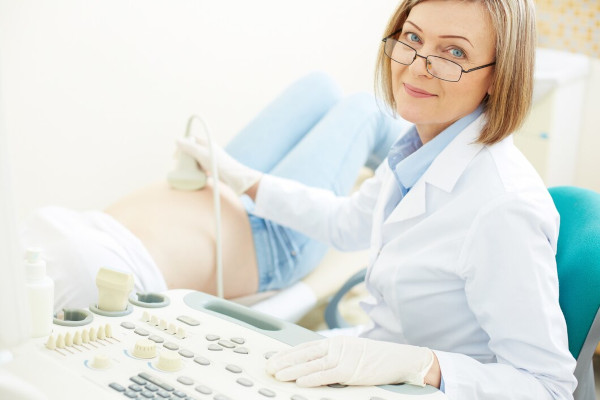
Sexually transmitted infections can negatively affect the health of a pregnant woman and the development of the child. You should seek medical help if you have the following symptoms:
- Abnormal discharge with an unpleasant odor
- Itching or burning in the genital area
- Drawing pain in the lower abdomen
- Pain or discomfort during intercourse
- Frequent and painful urge to urinate
Regular medical examinations allow you to detect a sexually transmitted disease in time and begin treatment, which reduces the risk of complications for the mother and child.

Sexually transmitted infections occur due to the entry of pathogenic microorganisms into the body: bacteria, viruses, protozoa.
The main routes of infection include:
- Vaginal, anal or oral sexual contact
- Using a shared razor, toothbrush, towels on which the biological fluids of an infected person remain
- Transmission from mother to child during pregnancy or childbirth
It is recommended to maintain personal hygiene, use barrier methods of contraception and limit the number of sexual partners.
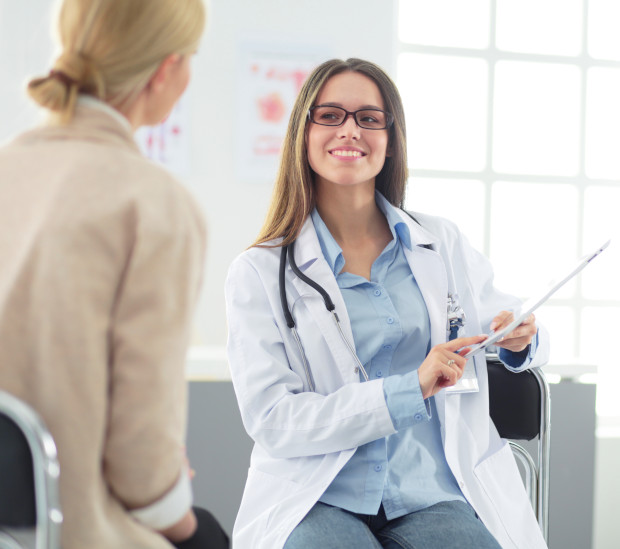
Incubation period and disease development
The incubation period is the time between infection and the appearance of the first symptoms. Its duration depends on the pathogen and the state of the immune system.
Approximate incubation periods of sexually transmitted diseases:
- Gonorrhea - 2-10 days, most often the first signs appear within 3-7 days
- Chlamydia - 7-21 days
- Syphilis - 3-4 weeks
- Genital herpes - 2-14 days
- HIV - 3 weeks-3 months
The duration of the incubation period of a sexually transmitted disease depends on several factors. Among them:
- The number of pathogenic microorganisms that have entered the body
- The state of the immune system
- The presence of other diseases that weaken the immune system
In women, the incubation period is usually longer due to the structural features of the reproductive system.
What happens during the incubation period?
The causative agent of the disease actively multiplies in the body, which makes the infected person a carrier of a venereal infection. When the incubation period ends, the disease goes into an acute stage, which is manifested by the first symptoms. If the disease is not treated at this stage, it becomes chronic, which complicates therapy and increases the likelihood of severe complications.
Some pathogens, such as the human papillomavirus, are in the body for a long time without visible signs. The absence of symptoms does not mean safety for the patient. Such sexually transmitted diseases lead to serious consequences, including the development of malignant tumors.
Diagnosis of Sexually Transmitted Infections (STIs)
Identifying sexually transmitted infections is a crucial step toward successful treatment. There are several diagnostic methods for women and men that help determine the type of infection and identify its causative agent.
Microscopic Method
Cultural Method
Polymerase Chain Reaction (PCR)
Blood Test
Blood from men and women is tested for antibodies or antigens, which helps identify sexually transmitted diseases such as HIV, syphilis, or viral hepatitis. This method takes time, as antibodies do not appear immediately but several weeks after infection. Blood tests are more often used to confirm a diagnosis or monitor treatment results.
Enzyme-Linked Immunosorbent Assay (ELISA)
Treatment of sexually transmitted infections
Prevention
To avoid sexually transmitted diseases (STDs), it is important to follow these recommendations:
- Use barrier contraception. Condoms protect against most STDs and unwanted pregnancy. Effectiveness depends on correct use and absence of damage
- Avoid casual sex and limit the number of partners
- Wash regularly before and after sex to reduce the risk of infection
- Get tested for STDs at least once a year
- See a doctor at the first unpleasant symptoms or after unprotected sex
- Get tested together with your partner. If an STD is detected in one of the partners, treating the other helps to avoid re-infection
You can get treatment for sexually transmitted infections at the K+31 medical center in Moscow. We guarantee confidentiality, modern equipment and an individual approach. In the clinic "K+31" you will receive a high level of service at average prices for Moscow. Trust your health to professionals!
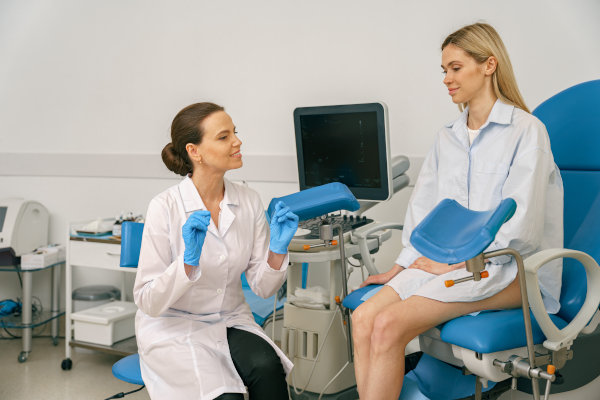
Answers to popular questions
Doctors of "K+31" answer frequently asked questions about sexually transmitted diseases.
Can sexually transmitted infections go away without treatment in women?
No, without treatment, STDs do not disappear. Symptoms may decrease, but the infectious disease itself will remain, which threatens to become chronic and cause infertility.
How long does it take to treat sexually transmitted infections in women?
How to prepare for a doctor's visit if you suspect a sexually transmitted infection?
Can you have sex during treatment?
How often should women get tested for STIs?
How to tell a partner about an STI?
Why are sexually transmitted infections increasing?
What should a woman do after unprotected sex?
How to prepare for STI testing?
Can you get an infection without sexual contact?
Can a woman get reinfected with the same STI?
Are there vaccines for sexually transmitted infections?
Can STIs be transmitted through oral or anal sex?
Which age groups are at the highest risk of infection?
Which doctor treats STIs?
How to care for yourself during treatment?
Can test results be inaccurate?
How to protect a child if a woman has an infection?
Can you have sex with a condom if one partner has an infection?
Is there a risk of getting an STI through kissing?
How to know if an infection has become chronic?
Can an STI cause abdominal or back pain?
Can STIs be contracted in a swimming pool?
Is there a risk of infection through a toilet seat?
Can tattoos be a source of infection?

This award is given to clinics with the highest ratings according to user ratings, a large number of requests from this site, and in the absence of critical violations.

This award is given to clinics with the highest ratings according to user ratings. It means that the place is known, loved, and definitely worth visiting.

The ProDoctors portal collected 500 thousand reviews, compiled a rating of doctors based on them and awarded the best. We are proud that our doctors are among those awarded.
Make an appointment at a convenient time on the nearest date
Price
Other services
Reviews 50

